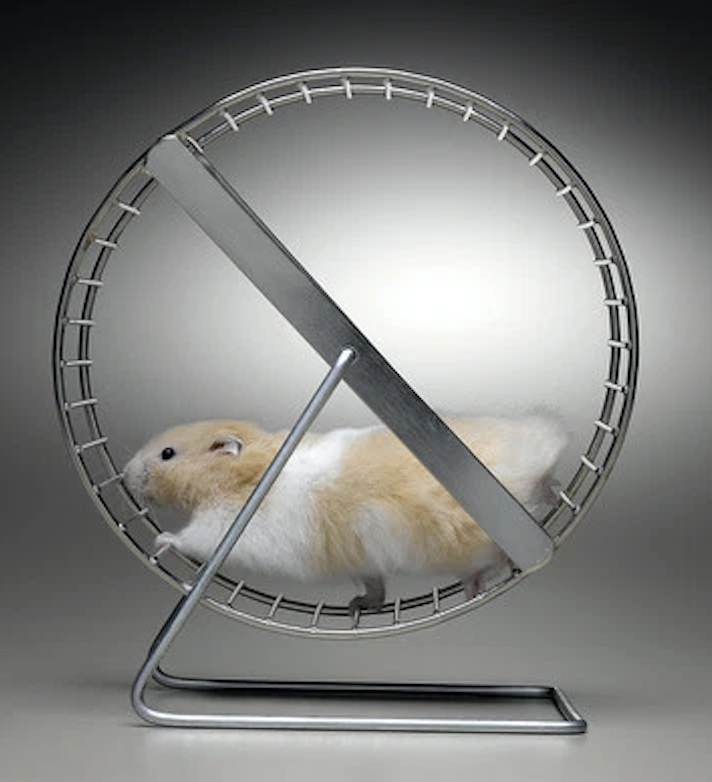
Efficient is good, right? If you’ve got three people working the front counter of your store and each of them is idle on average 33% of the time, wouldn’t you become more efficient by laying off one and having the other two take up his/her work? Well, yes, I guess. If efficiency is all that matters to you, you might indeed be inclined to do that.
But efficiency is not all that matters to you. There is also the matter of your customer’s satisfaction. Making your organization hyper-efficient (getting close to 100% of your employees’ time spent on-task) can result in customers waiting in long lines for service: think of your last long wait on the phone with the repeated message about how important your call is the the people who are ignoring you. Now you might observe that that a customer’s wait time costs your organization nothing; so some of your cost has been effectively transferred from you to the customer. Instead of your employees waiting for customers to arrive, your customers wait for service. Oh good. Good for you that is; your customer is now royally pissed.
The unspoken rule that motivates companies toward hyper-efficiency is, in the most brutal terms:

Transferring cost to the customer is a net win for us.
You can see why this has to be an unspoken rule.
I’ve used an example where the transferred cost is wait time. But there are other ways that companies transfer cost to their customers and save a little cost on their own books —thus seeming to improve profitability. There is for example, the tactic of driving cost out of the product by quality reduction. Of course it’s not called quality reduction; it’s more likely to be called “cost engineering,” or some other respectable sounding term. But it boils down to the same thing: making a less good product to save some expense, and leave it to the customer to cope with product deficiencies.
Being governed by the hyper-efficiency rule is sure to injure your organization in the long run. But that’s not my point here. The point here is that it also damages the culture. Good people who are roped into this sleazy behavior are going to hate their work. They want to work and work hard, but not inclined to work flat out to appease some cost accountant’s idea of how to screw every penny possible out of the customer. And they are disinclined to form warm relations with others doing the same dirty work.
If this rule seems to be at work in your organization, say it out loud and go to work to repeal it.